Following Russia’s military aggression against Ukraine, there is a reasonable basis to believe that crimes against humanity and war crimes have been and are being committed in Ukraine. The EU will take, as a matter of urgency, all necessary measures to ensure that those who committed those crimes in Ukraine are held accountable.
Prosecution services at the International Criminal Court and in several member states, as well as in Ukraine, have started investigations concerning these events. Coordination and exchange of evidence between prosecuting authorities in different jurisdictions is important to ensure the effectiveness of these investigations. In addition, due to the ongoing hostilities there is a risk that evidence related to war crimes cannot be safely stored on the territory of Ukraine and therefore it is appropriate to establish a central storage at a safe place.
The draft new rules will allow Eurojust to:
- store and preserve evidence related to war crimes, including satellite images, photographs, videos, audio recordings, DNA profiles and fingerprints
- process and analyse this evidence, in close cooperation with Europol, and share it with the relevant national and international authorities, including the International Criminal Court
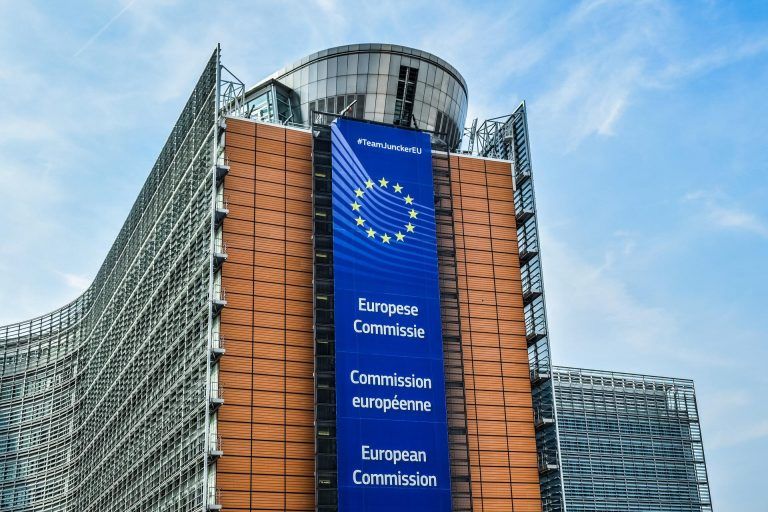
Commission proposes strengthening Eurojust’s mandate to collect and preserve war crimes evidence |
Next steps
On the basis of this position, an agreement will now need to be reached with the European Parliament so that this regulation can be adopted and enter into force as soon as possible.
More information: Press release – European Council

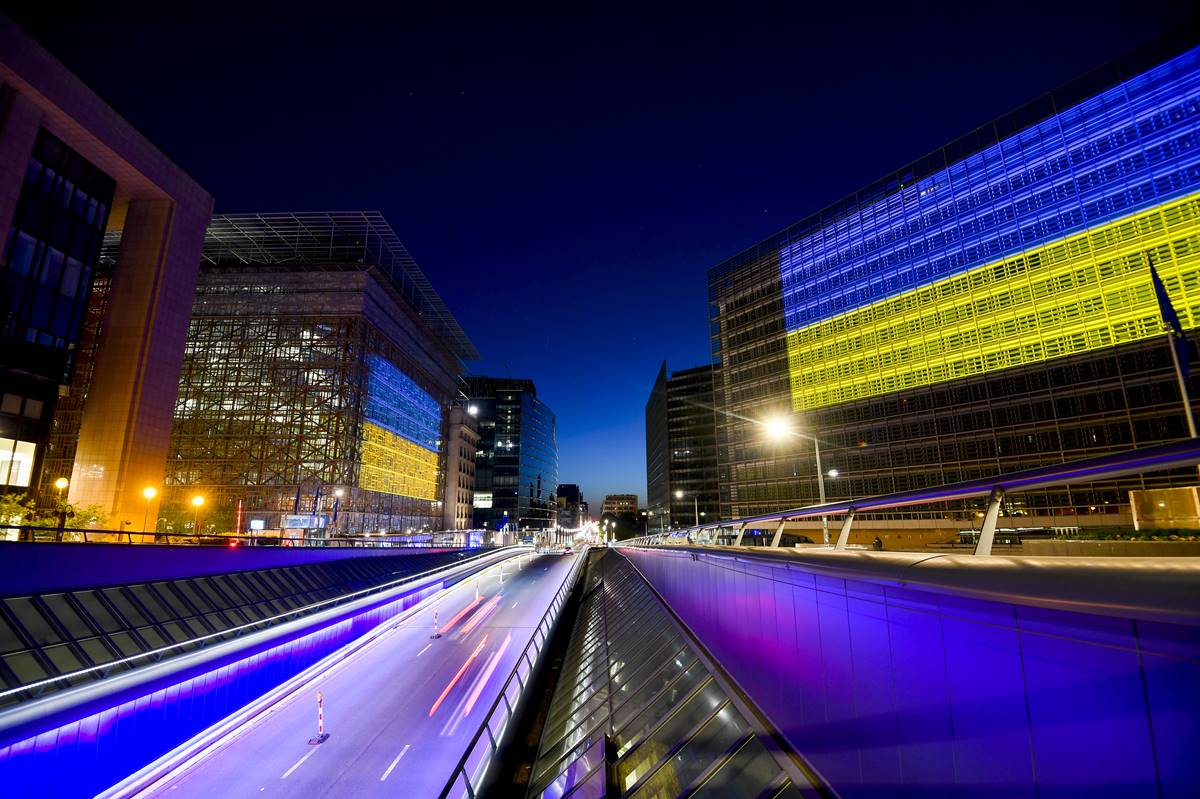
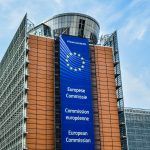
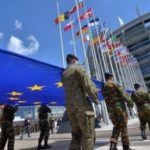


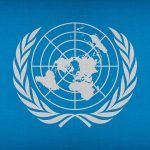
Leave a Reply